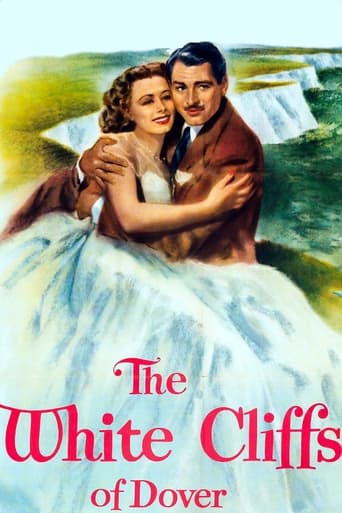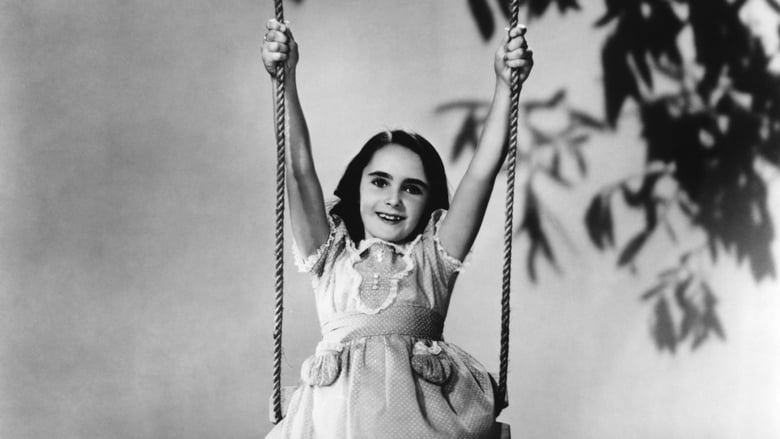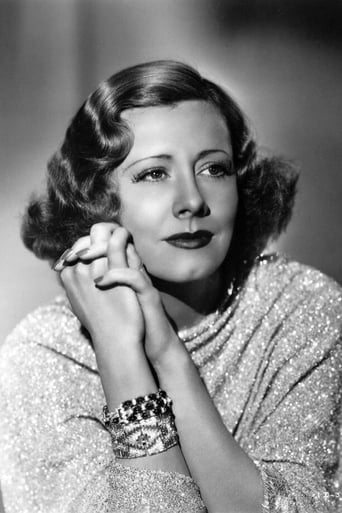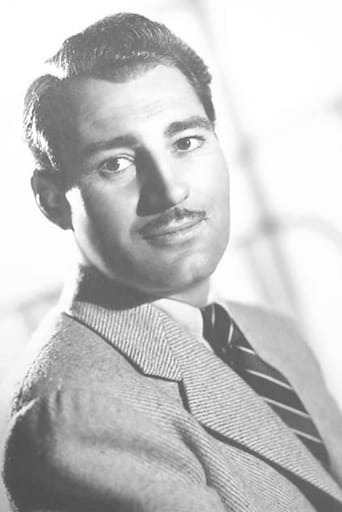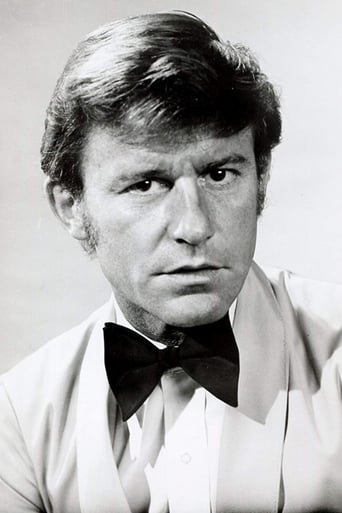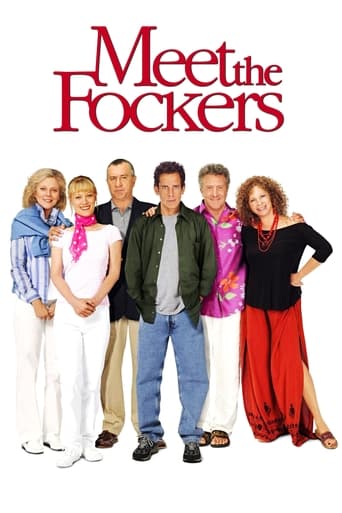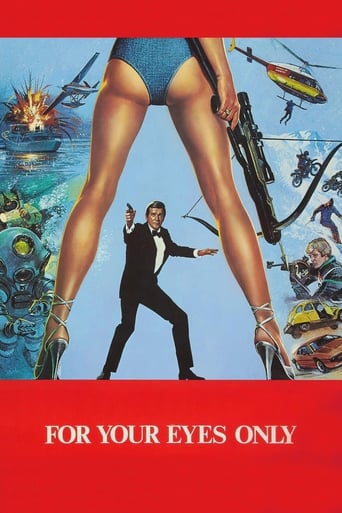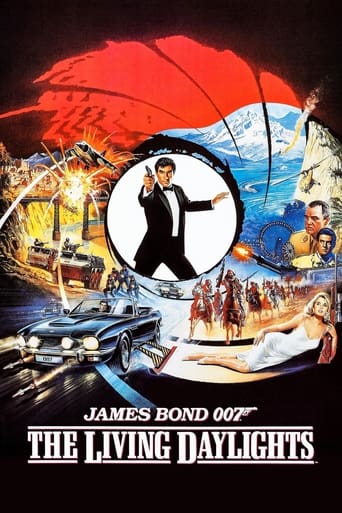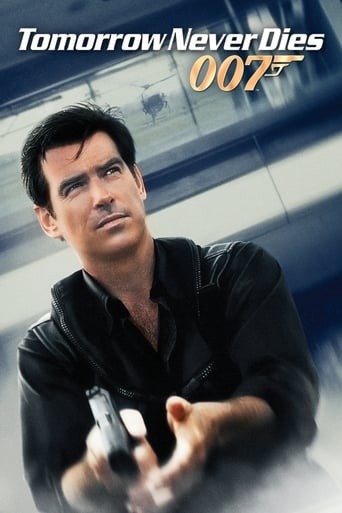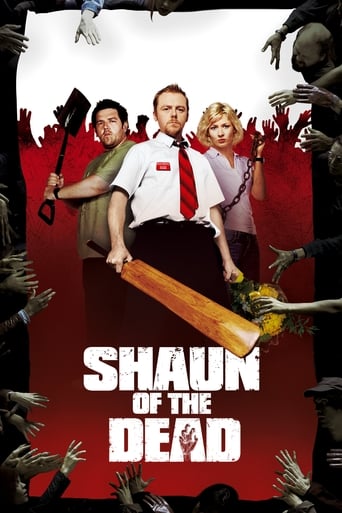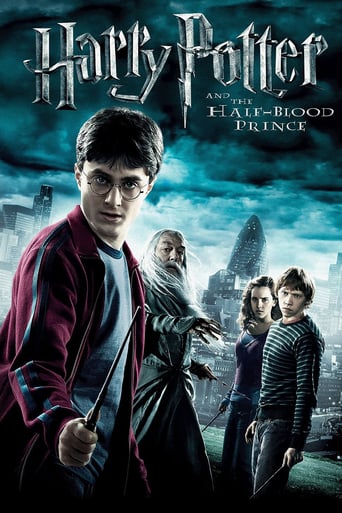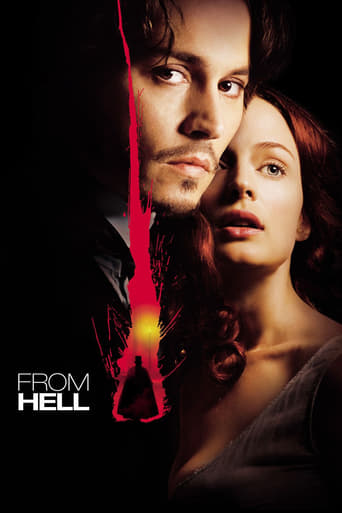The White Cliffs of Dover (1944)
American Susan travels with her father to England for a vacation. Invited to a society ball, Susan meets Sir John Ashwood and marries him after a whirlwind romance. However, she never quite adjusts to life as a new member of the British gentry. At the outbreak of World War I, John is sent to the trenches and never returns. When her son goes off to fight in World War II, Susan fears the same tragic fate may befall him too.
Watch Trailer
Free Trial Channels
Cast


Similar titles
Reviews
This is a coming of age storyline that you've seen in one form or another for decades. It takes a truly unique voice to make yet another one worth watching.
It really made me laugh, but for some moments I was tearing up because I could relate so much.
The tone of this movie is interesting -- the stakes are both dramatic and high, but it's balanced with a lot of fun, tongue and cheek dialogue.
I didn’t really have many expectations going into the movie (good or bad), but I actually really enjoyed it. I really liked the characters and the banter between them.
This is, in most ways, a clichéd repeat of 1930s movies about the snobbish English aristocracy and the almost Stepin-Fetchit obsequiousness of the English peasantry. Think *Mrs. Miniver* from two years before, or *Rebecca* from four years before. Irene Dunne gives yet another wonderful, nuanced performance, and Alan Marshal, handsome but not a great actor, is dispensed with fairly early in the movie, so we can enjoy Gladys Cooper and the other character roles instead.But then, at the end, we several times are told that "God will never forgive us if we break faith with our dead again," if we go to war yet again after World Wars I and II, with all their loss of life. It is a very strange note on which to end this movie, especially since, when it was released in June, 1944, we were just landing in Normandy and had no idea when World War II would end, and how.This is, in short, about as close to an anti-war movie as the Office of War Information could have countenanced during the war.As I said at the beginning, most of it is just Hollywood clichés about the English recycled. Nothing new.But the end, far from uplifting, is particularly somber.I recommend it for Dunne's fine performance, and for the hint at isolationism that the end seems to suggest.
An American woman's two-week trip to England becomes a lifetime stay as she marries a British baron. This drama follows the woman through thirty years in England, spanning two world wars. It touches upon the U.S.-U.K. dynamic and has a bit of romance in it, but ultimately it becomes about war.The voice-over poetry came across as cheesy to me and the film ends with a dash of WWII propaganda. A lot of the film is about how Americans and Englishmen don't always see eye-to-eye, but England depends on the aid of its American brethren to defeat the evils of the world (not once, but twice).Irene Dunne plays the woman, with Frank Morgan as her father and Alan Marshal as her beau. Dunne is fine in this purely dramatic role. I also thought it was odd that she was playing a character named Dunn. Be sure to watch out for a 15-year-old Roddy McDowell and a 12-year-old Elizabeth Taylor toward the end.While the film seemed decent enough, if unspectacular, I think the poetry took a little away from it. And it seemed a bit too much like a "chick movie" for my personal tastes.6.5/10
Well, I had a good attitude going in since I like a number of the cast members, beginning with Irene Dunne. However, one viewing was enough because (1) this is a woman's movie; (2) there are way too many "darlings" spoken in the dialog; and (3) the film is just a bit too boring in too many spots.There are some good points to this movie. The story is involving and a tragic one that tugs on your heartstrings. Dunne's character,Susan Dunn Ashwood," is American. She marries an Englishman "Sir John Ashwood" (Alan Marshall) who dies in World War I. She raises their son "John, Jr." (Roddy McDowell, as young boy, and then Peter Lawford as an adult). He dies in the end, too, so you see there is a lot of sadness in this story. I appreciated the nice photography in here, too, and Dunne's role as a patriotic American who sticks up for her country on a foreign soil most of her life.This is one of those rare films that seem better afterward that when you are watching it!
Finally caught up with this one on a recent Turner Classic Movies broadcast and found it quite enthralling, despite its rather protracted length and of-its-era WWII wartime propagandizing. It's exceptionally smoothly directed by Clarence Brown and mounted in the very plushest M-G-M manner. It's impossible to imagine a story like this being as lavishly produced today. The cast is attractive and capable, with Irene Dunne (beautifully gowned and coiffed throughout) more than holding her own amidst a virtual platoon of marvelous British actors and actresses. The ubiquitous Frank Morgan manages to be minimally irritating; in fact he's quite credibly effective as Dunne's irascible American father. And even Herbert Stothart, whose scores often sound rather syrupy and intrusive to these ears, provides one of his best accompaniments to a story that spans decades and quite a gamut of emotions. Those whose attention spans haven't been stunted by the fragmented way we receive so much information and entertainment today should find this a rewarding example of how cinema audiences of several decades ago were respectfully treated by the Hollywood studio system at its professional best.

